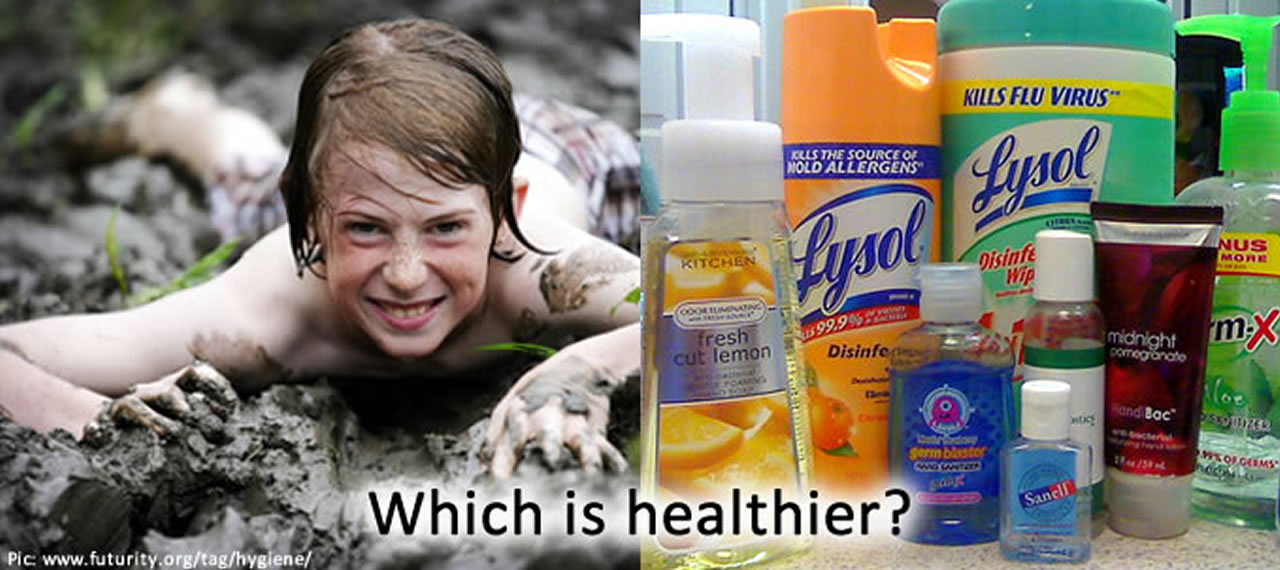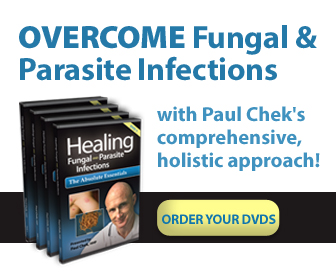I was feeling inspired by a list of great health quotes the other day. As I read down the list however, the attitude started to change from ‘health is the greatest wealth’ to ‘health is the greatest burden’. Instead of affirming my passion for prioritising good health, there were more and more quotes that seemed to ridicule me for wasting my life thinking about my health.
Quit worrying about your health. It’ll go away. – Anonymous
There’s lots of people in this world who spend so much time watching their health that they haven’t the time to enjoy it. – Josh Billings
As a people, we have become obsessed with Health. There is something fundamentally, radically unhealthy about all this. We do not seem to be seeking more exuberance in living as much as staving off failure, putting off dying. We have lost all confidence in the human body. – Lewis Thomas, The Medusa and the Snail, 1979
Preserving the health by too strict a regimen is a wearisome malady. ~François Duc de la Rochefoucauld
At first I dismissed these declarations with disdain, thinking that these people just hadn’t had the opportunity to realise the wonders of a healthy body or how they could have an influence over their own health. But their words stuck with me and as I was reading some books and articles that week about health claims in the media, new diets, dairy debates, and bacteria fears, the light bulb came on in my head and I suddenly understood the true meaning behind these quotes. As with anything in life, moderation and balance is the key. Obsession over maintaining our health can, ironically, take us straight to illness.
Health Obsession #1: Germs
The first thing I thought of as a prime example of health obsession leading to illness is with the germ theory. Though later on denounced by the creator himself, Louis Pasteur started what would today become an obsession with eradicating germs. What started as an attempt to rid milk of deadly bacteria became a societal obsession with pasteurisation. Today we pasteurise most dairy products, juices, honey, vinegar, wine and beer, water, canned food and egg products. In obsessing over this need to eliminate any potentially harmful bacteria, we are also killing off all the beneficial bacteria, much of the nutrition and all the enzymes. Thus making the food indigestible and nutrient deficient.
Pasteurisation, however, is just the start of this germ obsession, whose associated practices are far more risky than beneficial to our health. Much of our commercial food supply is also exposed to radiation to destroy microorganisms, bacteria or insects that might be present; a process called irradiation. At home we have become more fearful of bacteria and are sterilising ourselves and our environment with bacteria-killing products made of potent chemicals. We are slowly discovering the long-term ill effects these man-made chemicals have on human health and from some viewpoints, it is a potentially much worse effect than the minimal risk of encountering the deadly germs that lie in wait. But the germ fear is deeply embedded in our psyche, so we continue to slather ourselves and our homes in anti-bacterial products. We are so fearful of germs that we keep our children from playing barefoot, and from digging in the dirt and mud where they can connect with nature.
Health Obsession #2: Dieting & Exercise
The other most obvious example of over-concern of health leading to its deterioration is dieting. Technically, trying to be thin is hardly the same as trying to be healthy, but as obesity has become such a hugely publicised symptom of ill-health, we have come to believe that thin equals healthy and that the way to become thin is strict dieting. Every next diet claims to be the best one, and we are becoming confused, stressed, and malnourished as we try one after the next. Strict dieting has deprived us of nutrients, led to eating disorders, and caused emotional stress over willpower, guilt and peer pressure. All which cause the body much more harm than a few extra pounds of body fat.
Running alongside dieting in the quest to become thin, thus healthy, is over-exercising. Gyms are open 24 hours a day so we can punish our bodies endlessly in the quest for being healthy. Clearly a contradiction in terms. The body’s need for rest and repair has been long forgotten in the race to be leaner, faster, fitter, stronger. Over-exercising is one culprit in causing today’s epidemic of adrenal stress, where our adrenal glands are so overworked from constantly producing cortisol hormones. We are in constant ‘fight-or-flight’ mode, slowly breaking our bodies down and creating vulnerability to chronic fatigue and disease.

The Silent Killers
Present in all these forms of health obsession are the silent killers: fear, worry, paranoia, and guilt. We are paranoid about lurking viruses, worried about catching disease, and afraid of dying. We feel guilty if we eat sugar, miss a workout, or gain a pound. We stress over deciding which foods are safe, which products are toxic, which vitamins to take, and which doctor’s advice to follow. Our fear makes us vulnerable to unsubstantiated health claims from our peers and the media, and this often leads to unnecessary spending on health remedies and cures, leading to financial stress. Once again, our adrenal glands go into overdrive producing cortisol, this time from negative emotional stress. The body is flooded with catabolic hormones which break the body down.
Consequently, our good intentions to take control of our health can end up destroying it. I think Benjamin Franklin summed it up when he stated, “Nothing is more fatal to health, than an over care of it.” Taking care of your mental and physical health should be a priority in everyone’s life, but the key is to keep things in perspective and find the right balance, so that your intentions don’t become obsessions.
Are you a bit obsessed with some aspect of health? How has this affected your life?
Which is deadlier? Germs or the obsession to get rid of them? – March 2013








